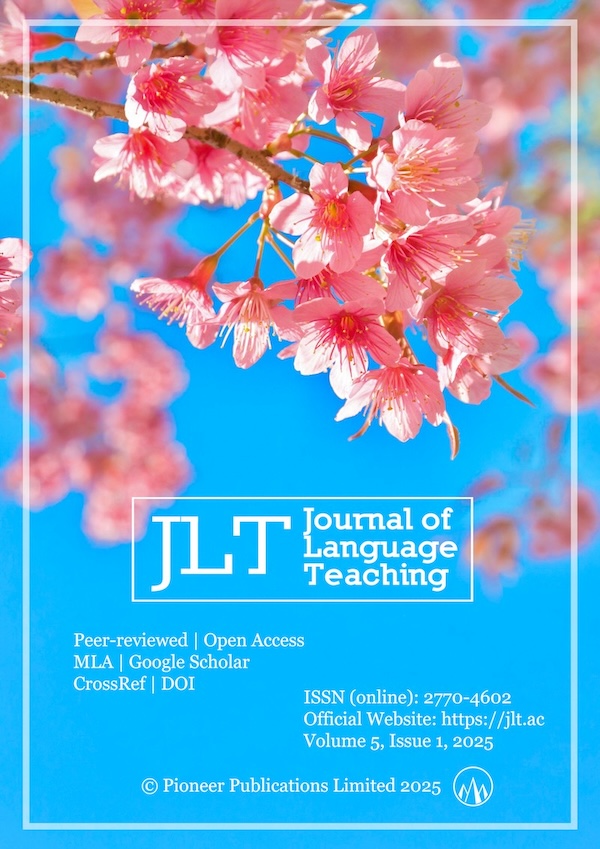Journal Statistics
JLT is proud of the following statistics and appreciates the support from its peer reviewers, authors, editorial board, and readers.
Time With Editor: 1.0 weeks
Peer Review Time: 2.8 weeks
Publication Time: 1.0 weeks
Acceptance Rate (2021-ongoing): 33%
(Updated on June 3, 2025)
We will strive to keep those numbers despite the increasing number of submissions.















